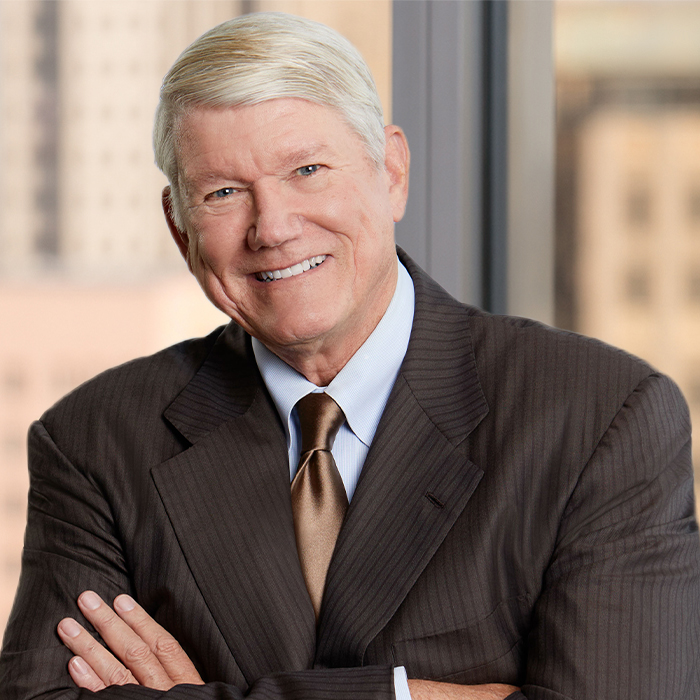By Chip Babcock
As I pointed out in my last (December 2017) VIA column, “Pop Fouls, Russians, Millennium Magazine, The New York Daily Inquirer, and Fake News,” fake news has been with us for a long time and while not foreign to the Russians, it has not been their exclusive domain either. Since then, Special Counsel Robert Mueller has indicted three Russia-affiliated companies and thirteen Russian individuals for “interfering with the U.S. political and electoral processes, including the presidential election of 2016” by
- posting “derogatory information about a number of candidates”,
- “buying political advertisements on social media”,
- staging “political rallies”,
- “conducting U.S.-focused research and drafting social media content”,
- “collecting intelligence”,
- misrepresenting—posing—themselves to obtain information, and
- registering or linking to “online social media accounts in order to monitor them”.
This conduct—and more—is said to violate 18 U.S.C. § 371, which prohibits a conspiracy to defraud the United States. The United States Supreme Court has construed the statute to cover activities that interfere with or obstruct one of the country’s lawful governmental functions by deceit, craft, or trickery. In short, the government alleges that the Russian defendants interfered with the 2016 presidential election through fake news and fraudulent news gathering.
As we have seen in recent months, labeling something as “fake news” does not automatically make it so and, at times, legitimate journalists have falsely posed as—for example—applicants for employment at a grocery store. Newsgathering is, of course, what journalists do, including monitoring social media sites. And sometimes they receive illegally obtained information while not being involved in the improper activity necessary to get the information. All this activity is protected by the First Amendment.
So does the First Amendment have any role in the Mueller indictment of the Russians? Alter the facts slightly while staying true to the underlying premise of the indictment and consider what happens when the Brussels Bugle, a Belgium newspaper, starts an investigation in advance of the 2018 mid-term elections by monitoring online social media accounts and receiving, at its Washington, D.C., bureau, an embarrassing tape recording of U.S. Senate candidate Joyce Jones, which—as it turns out—was illegally recorded. Furthermore, the Bugle’s star reporter, a Belgian by the name of Mohamed Maes, decides to infiltrate the Senate campaign of the incumbent, Bob Smith, by volunteering at his Washington, D.C., campaign headquarters. Maes does not list his current employer—the Bugle—on the volunteer sign-in sheet. While he is “undercover,” Maes helps stage a political rally for Smith but also works in “opposition research” and posts negative comments about Ms. Jones that unsteadily walk the line between truth and falsity. Some of the sites containing the posts were created by Maes and the campaign to boost Smith’s candidacy. Maes also authors negative comments to articles on other websites about Ms. Jones.
Based on his research, Maes then writes a series of critical articles for the Bugle about Ms. Jones, who immediately brands it as fake news. Rather than filing a libel suit, Ms. Jones asks the Department of Justice to investigate and indict the Bugle and Maes. Borrowing from the Mueller indictment, the DOJ does so, claiming that Maes and the Bugle entered into a conspiracy to defraud the United States by interfering with the U.S. Senate election.
The criminal defense lawyers, I assume, would argue that the indictment is attempting to criminalize core political speech in violation of the First Amendment, citing New York Times v. Sullivan. They would cite Branzburg v. Hayes for the proposition that “without some protection for seeking out the truth freedom of the press could be eviscerated.” The defense lawyers would contend that the publications are protected by the Sullivan rule, requiring a clear and convincing showing of “actual malice”—the standard in a civil case—since the complainant is a candidate for office. As to the illegally recorded audio tape, the defense lawyers would rely upon Bartnicki v. Vopper, in which the U.S. Supreme Court held that the press was protected by the First Amendment when it had lawfully obtained a tape recording on a matter of public concern, even though the tape had been illegally recorded by a third party and the press had reason to know that.
The government might contend that the First Amendment is only for U.S. citizens, but the defense lawyers would cite many U.S. Supreme Court cases, including U.S. v. Wong Kim Ark, which hold that the Bill of Rights—in that case the Fifth Amendment—applies to aliens living in the U.S. and therefore would protect Maes. But what about the Brussels Bugle, a Belgium LLC? Although less clear, the corporate defendant might rely upon Boumediene v. Bush, in which the Supreme Court held that the right of habeas corpus extended to non-citizens on foreign soil.
The point is that the First Amendment has a role to play in the Russian indictment, even though there is much conduct that the government alleges to be—like identity theft—beyond the scope of free speech. In our rush to rightly condemn foreign interference with our electoral process, we should not forget that it is speech we are, in large part, condemning. It’s easy to label even the most legitimate news as fake, and we should not rush to entrust the government with deciding what is and is not fake news, especially upon the pain of a criminal prosecution.
 Meet Chip
Meet Chip
Charles L. Babcock is a nationally recognized trial and appellate attorney. Chip’s practice experience includes bet-the-company litigation, First Amendment litigation, commercial litigation, intellectual property litigation, government investigations, media litigation, and appellate litigation. In addition to receiving the Ronald D. Secrest Outstanding Trial Lawyer Award from the Texas Bar Foundation, Chip has been named a “25 Greatest Texas Lawyer of the Past Quarter Century” by Texas Lawyer and a Fellow of the American College of Trial Lawyers.
The opinions expressed are those of the author and do not necessarily reflect the views of the firm, its clients, or any of its or their respective affiliates. This article is for informational purposes only and does not constitute legal advice.

